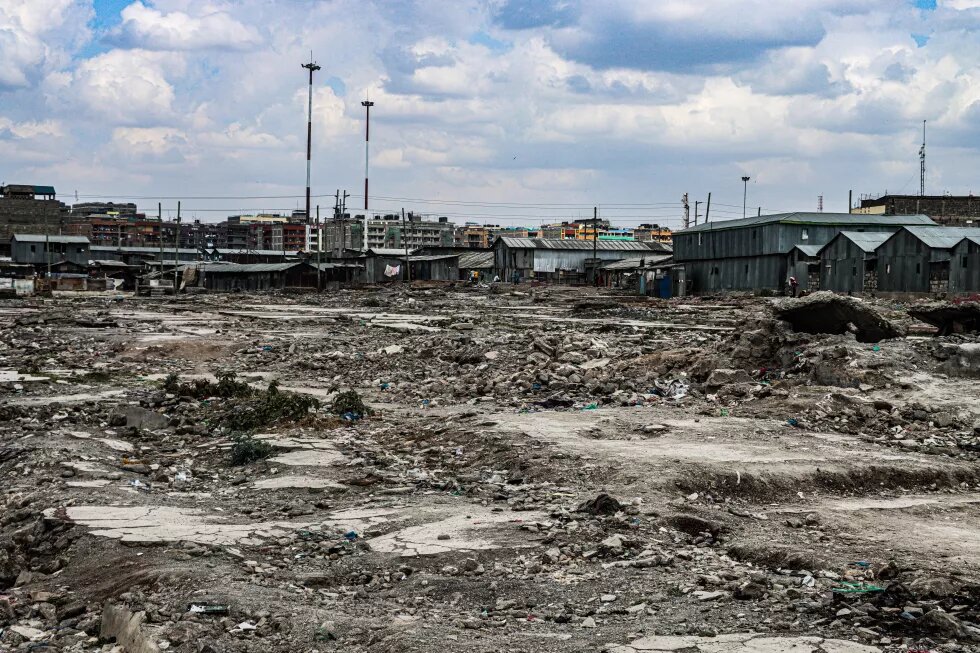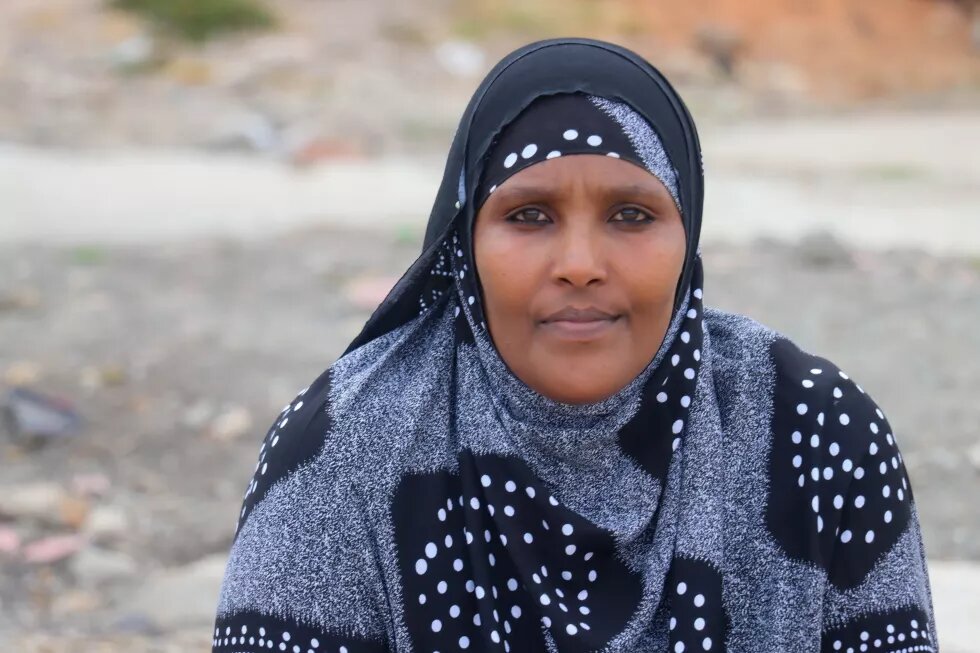

I live in Mukuru kwa Njenga. Schools and hospitals were demolished. At the moment so many children have not gone back to school. Some people have managed to build iron sheet houses and others still live in tents. Some have left for other slum settlements.
I had never migrated until the demolition happened. I was born in Mukuru. My house was demolished, this was the first time I moved. The place I moved to was also demolished, I had to move again. I had to sleep outside for three days because I had to look for a deposit for the other rentals that were available. The renters/landlords also hiked their prices and added other charges after the demolitions.
I lost many belongings. I could only save the children, their documents, some bedding and some kitchen items. I felt so sad watching a woman give birth when the demolition was going on. The child died. There was no media coverage. Some people lost their lives in the running battles with the police. One young person still has a bullet in his body; another was also injured by gunfire.
The government denied responsibility but we know it was responsible. The machinery and the police who were there in large numbers can only be commissioned by government. There was no media coverage so we tried to use social media to agitate and ask for intervention.
Women had the burden of taking care of the children. Since people were sleeping outside some women were sexually abused. Many did not leave their dwellings because of intimidation by the police. Young men were brutalized and killed by the police. Many lost their livelihoods and sources of income because most work in the nearby industrial area.
There is food scarcity. Most women are domestic workers. Their wages cannot pay for maize flour, the main food. Those who work in the industrial area also have very low wages. Teenage girls are vulnerable to sexual exploitation.
Recently there were trainings targeting learning institutions to do urban farming. We need seed investment; women especially need support since we have the greatest domestic burden.
-----
This testimony is part of the Dossier Urban Displacement. Forced Evictions: Stories from the Frontline in African Cities


